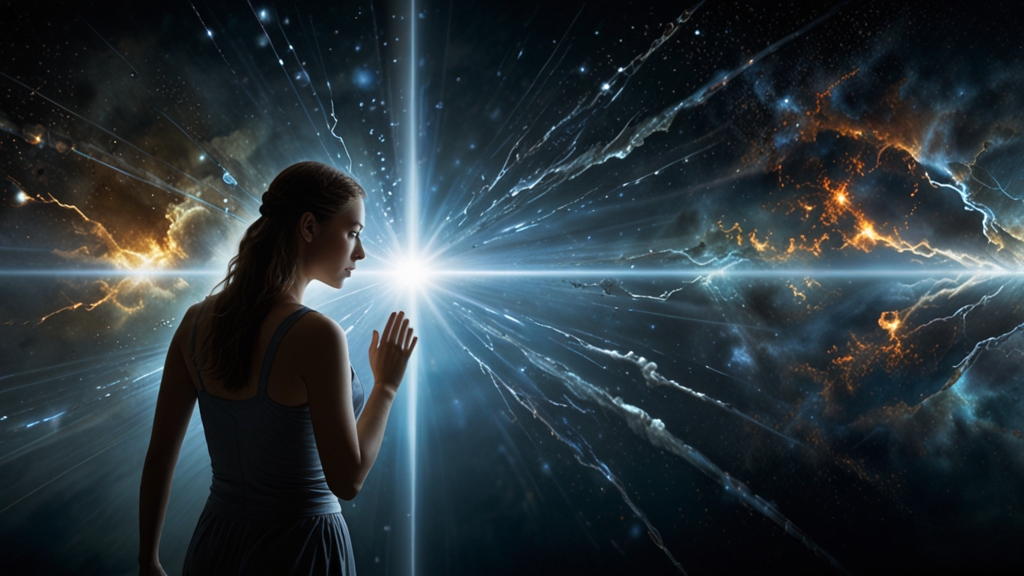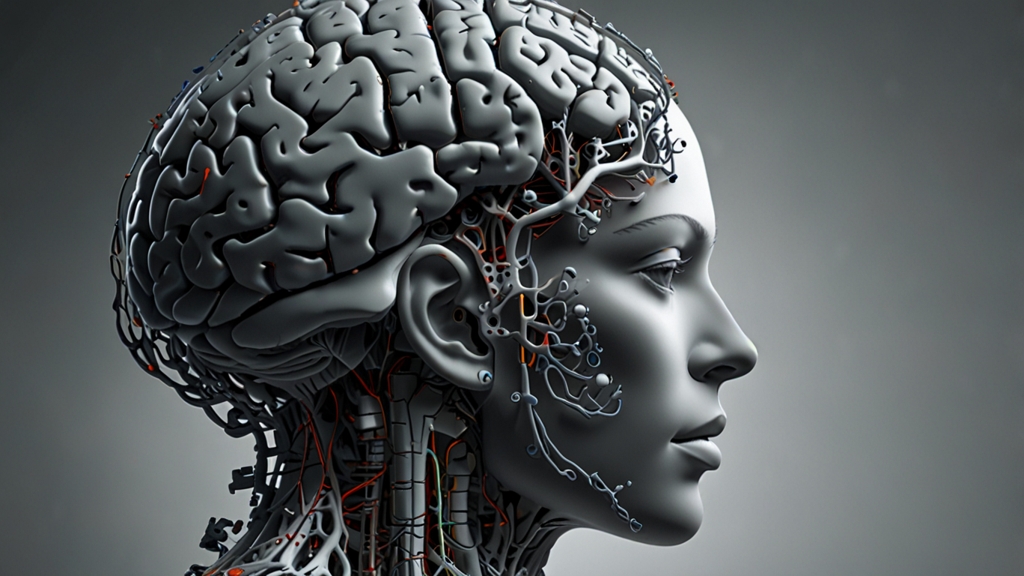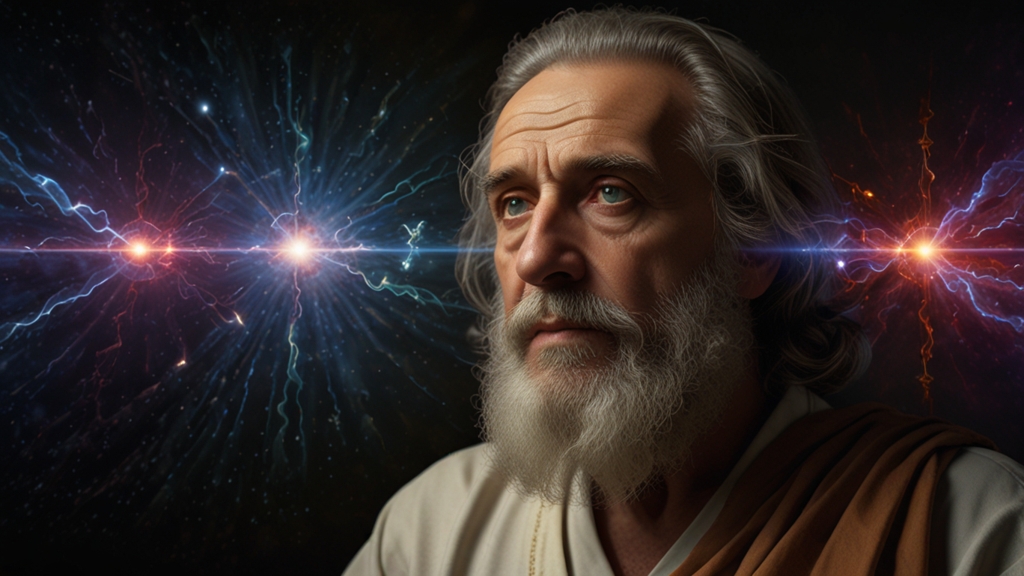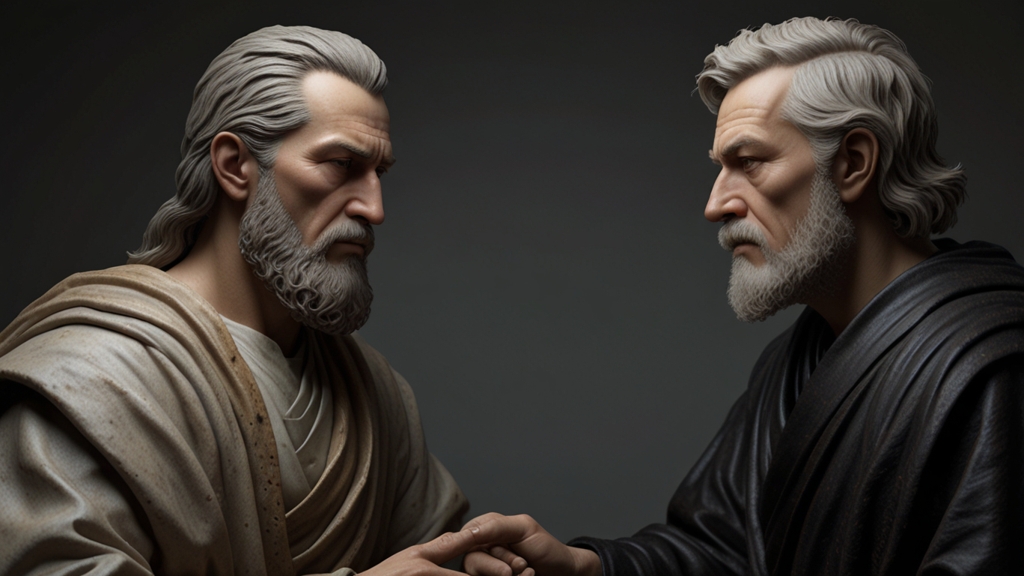Challenging Certainty: The Revolution of Epistemological Thought
In the labyrinth of human knowledge and understanding, epistemology holds the key to deciphering how we come to know what we know. The journey of epistemological thought has been an evolving narrative, marked by critical challenges to established certainties. This intellectual revolution has not only shaped philosophical discourse but has also permeated broader fields, influencing science, politics, and culture.
The Dawn of Certainty: Classical Foundations
Early epistemological thought was dominated by figures such as Plato and Aristotle. These ancient philosophers sought to categorize and systematize knowledge, positing that certainty could be achieved through reason and empirical observation. Plato's theory of Forms, for instance, suggested that true knowledge is not of the material world but of abstract, immutable ideals. Aristotle, on the other hand, emphasized empirical evidence and systematic observation as the backbone of knowledge.
These classical foundations established a baseline of certainty, positioning human reason and sensory experience as reliable paths to truth. However, as history unfolded, these seemingly solid structures began to exhibit cracks under the weight of deeper inquiry and skepticism.
The Ripple of Doubt: Skepticism and Empiricism
The Renaissance and Enlightenment periods witnessed a resurgence of critical thinking and skepticism. Philosophers like René Descartes and David Hume raised profound questions about the limits of human knowledge. Descartes, in his search for indubitable truth, famously declared, “Cogito, ergo sum” (I think, therefore I am), grounding certainty in the existence of thought itself while casting doubt on all else.
"The first precept was never to accept a thing as true until I knew it as such without a single doubt." - René Descartes
Hume took skepticism further by challenging the notion of causality and questioning the reliability of sensory experiences. He argued that our belief in cause and effect is a habit of thought rather than a logically necessary connection, thus destabilizing the certainty of scientific knowledge.
The Kantian Synthesis: Bridging Rationalism and Empiricism
Immanuel Kant attempted to reconcile the polarized views of rationalism and empiricism. In his "Critique of Pure Reason," Kant proposed that while our knowledge begins with experience, not all of it arises from experience. According to Kant, the mind actively shapes experiences through innate categories and concepts, suggesting that certainty is a collaborative product of sensory information and mental structures.
Kant's synthesis shifted epistemology into a new paradigm, recognizing the dynamic interplay between the external world and human cognition. This framework provided a more nuanced understanding of certainty, acknowledging both its potential and its limitations.
Postmodern Perspectives: The Relativity of Knowledge
The 20th century introduced even more radical challenges to epistemological assumptions. Postmodern thinkers such as Michel Foucault and Jacques Derrida interrogated the power structures embedded in knowledge claims. Foucault's analysis of discourses showcased how knowledge is intertwined with power, suggesting that what we consider "truth" is often a construct shaped by social and historical contexts.
"Knowledge is not for knowing: knowledge is for cutting." - Michel Foucault
Derrida's deconstruction further destabilized the notion of fixed meanings, emphasizing the fluidity and multiplicity of interpretations. This era of postmodern thought underscored the relativity of knowledge and the impossibility of achieving absolute certainty.
The Epistemological Revolution: A Continuing Journey
The revolution of epistemological thought is far from over. Today's digital age, with its information overload and proliferation of "fake news," presents new challenges to our understanding of knowledge and truth. The democratization of information has amplified diverse voices but also muddied the waters of certainty.
Contemporary epistemologists grapple with questions of credibility, authority, and the role of technology in shaping knowledge. The rise of interdisciplinary approaches highlights the importance of integrating insights from neuroscience, psychology, and cultural studies into epistemological inquiries.
In this ongoing journey of challenging certainty, one thing remains clear: the pursuit of knowledge is an ever-evolving process, marked by continual questioning and critical reflection. As we navigate the complexities of the modern world, embracing the uncertainties and ambiguities of epistemological thought might just be our most profound source of enlightenment.













